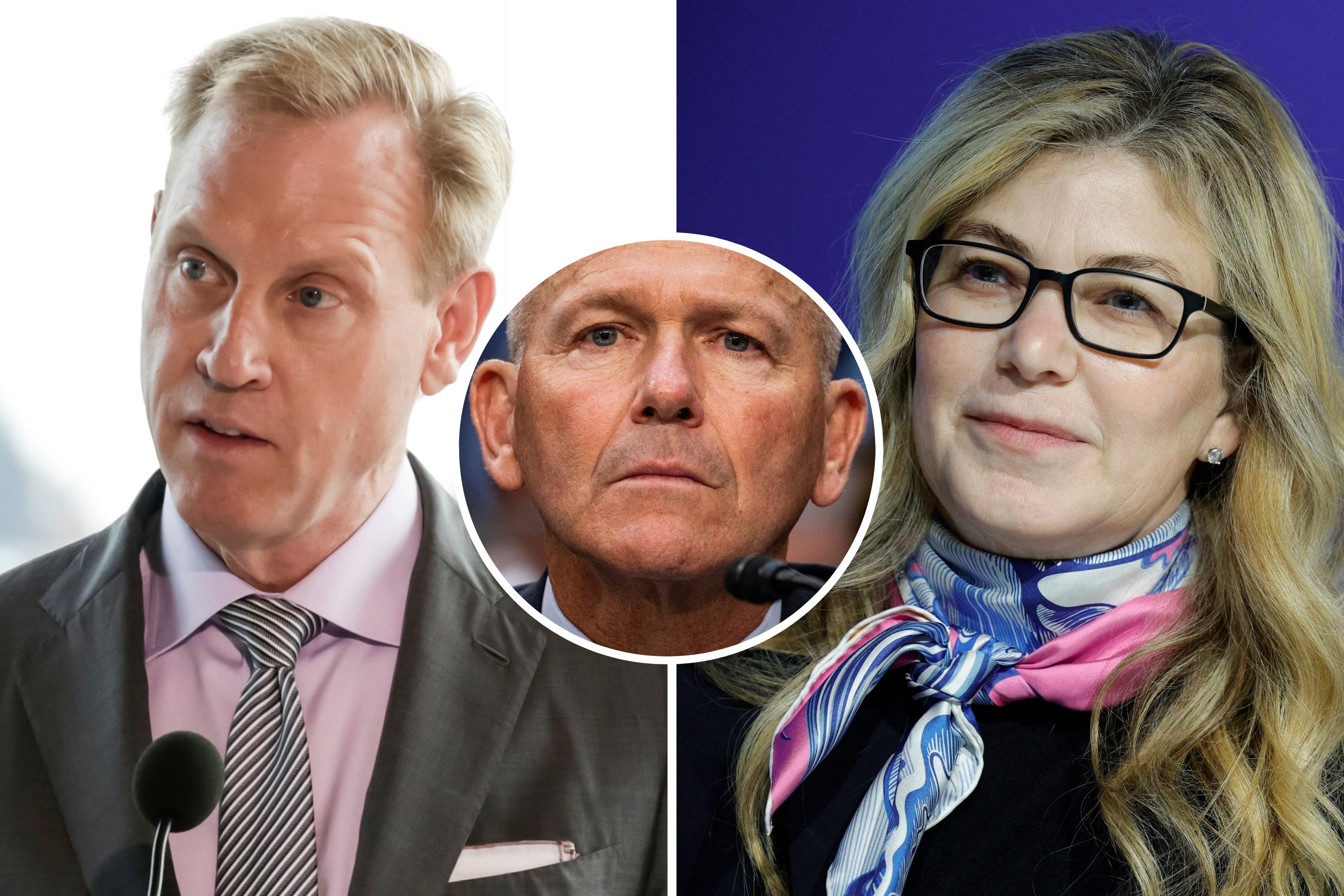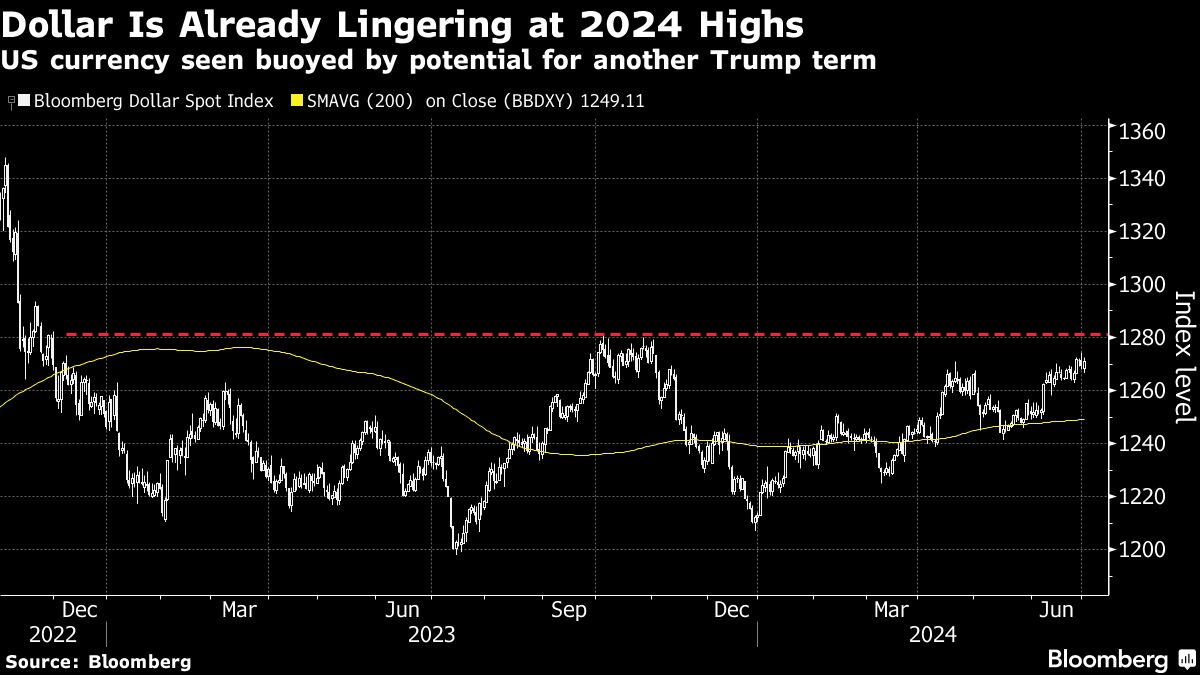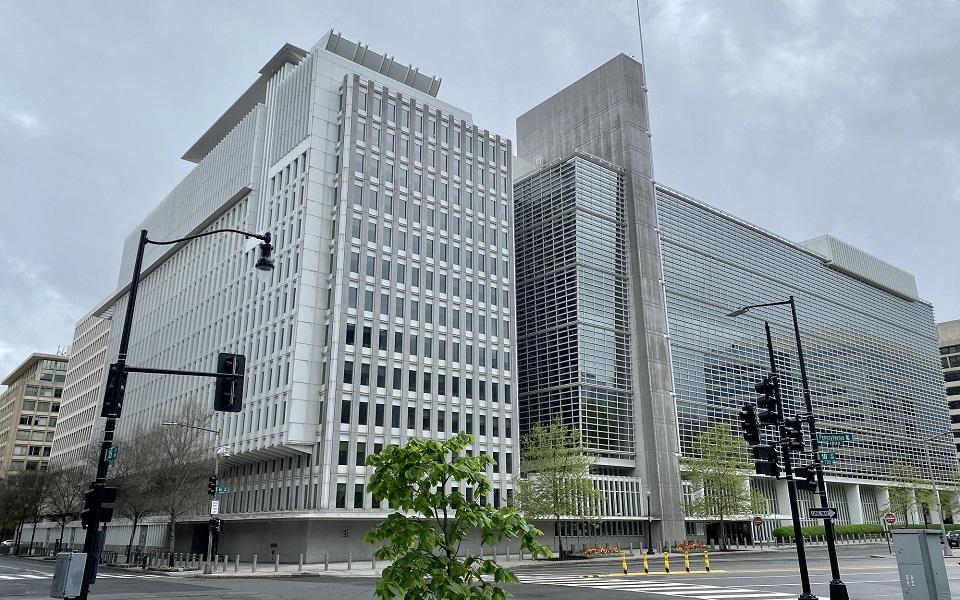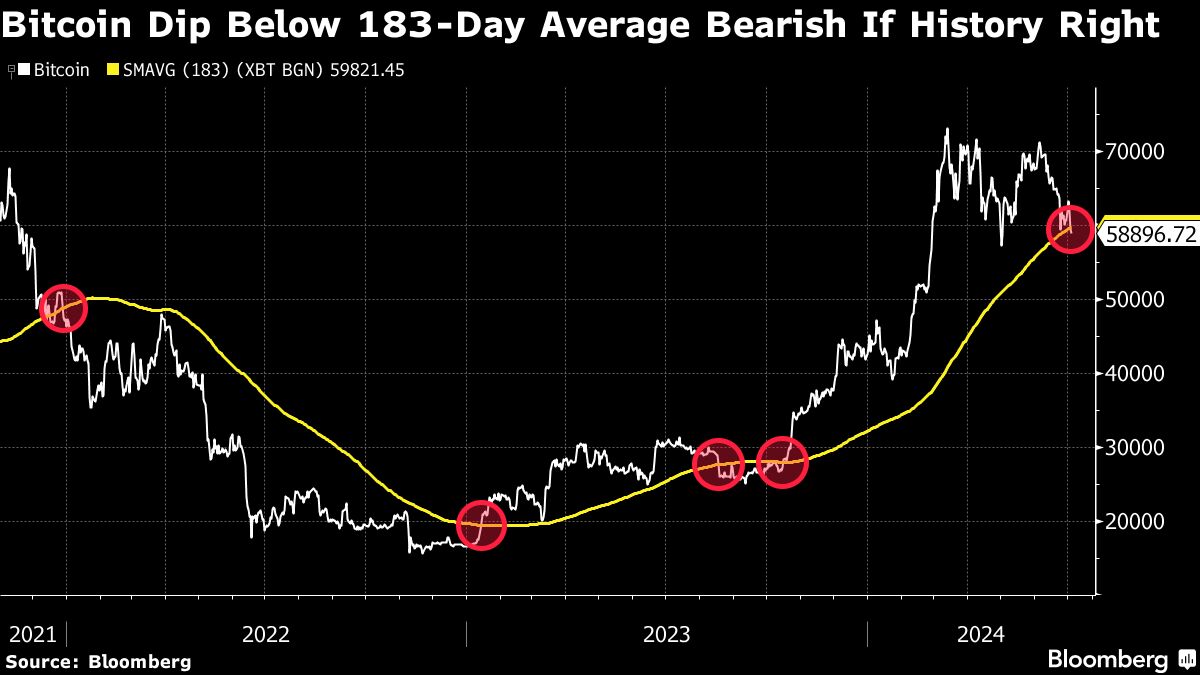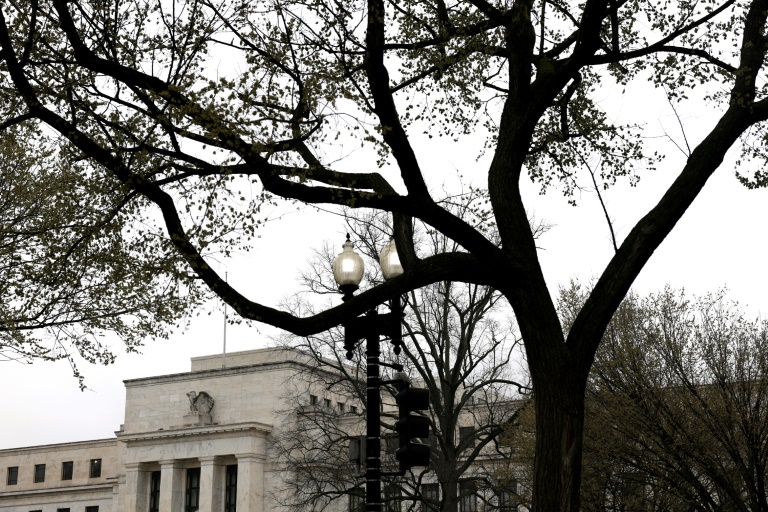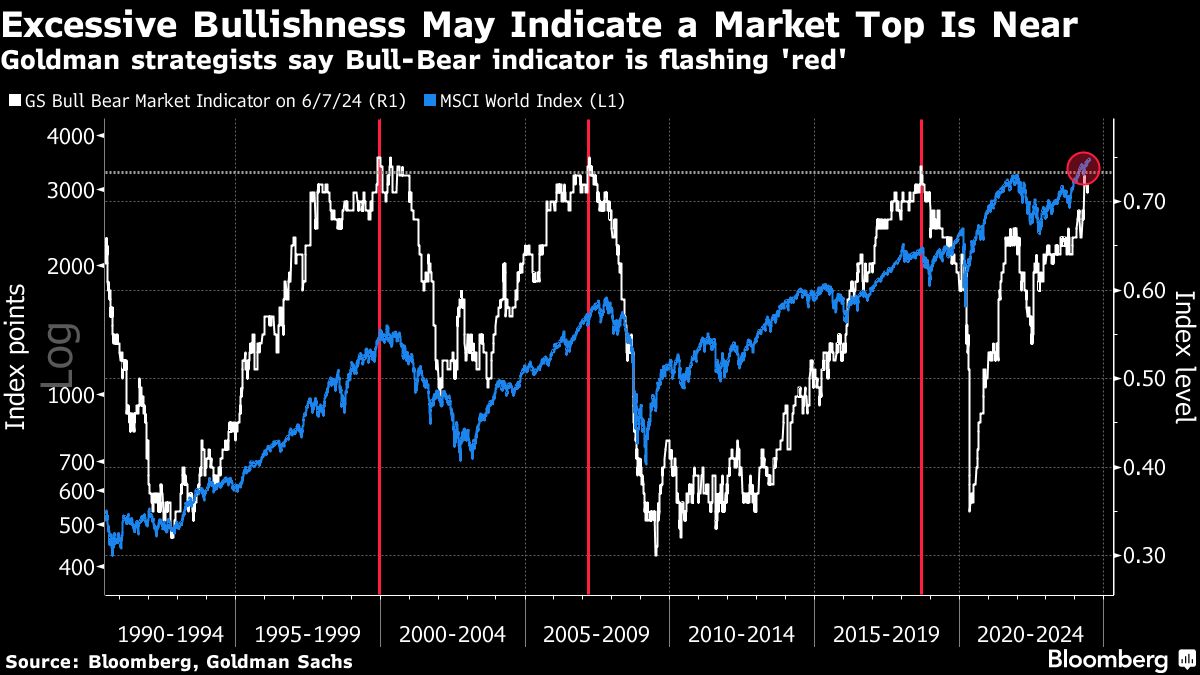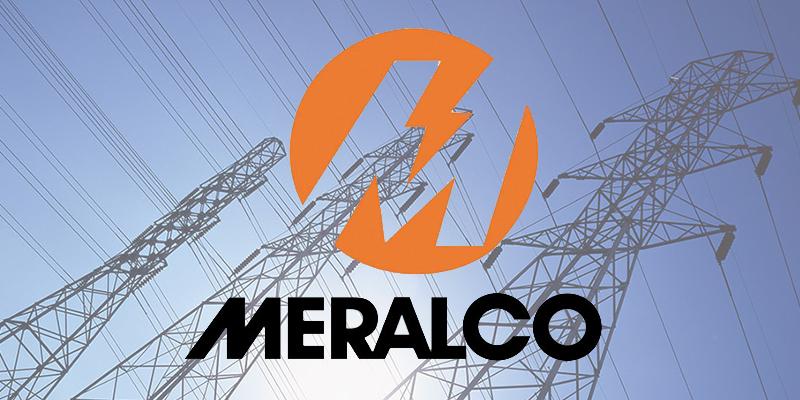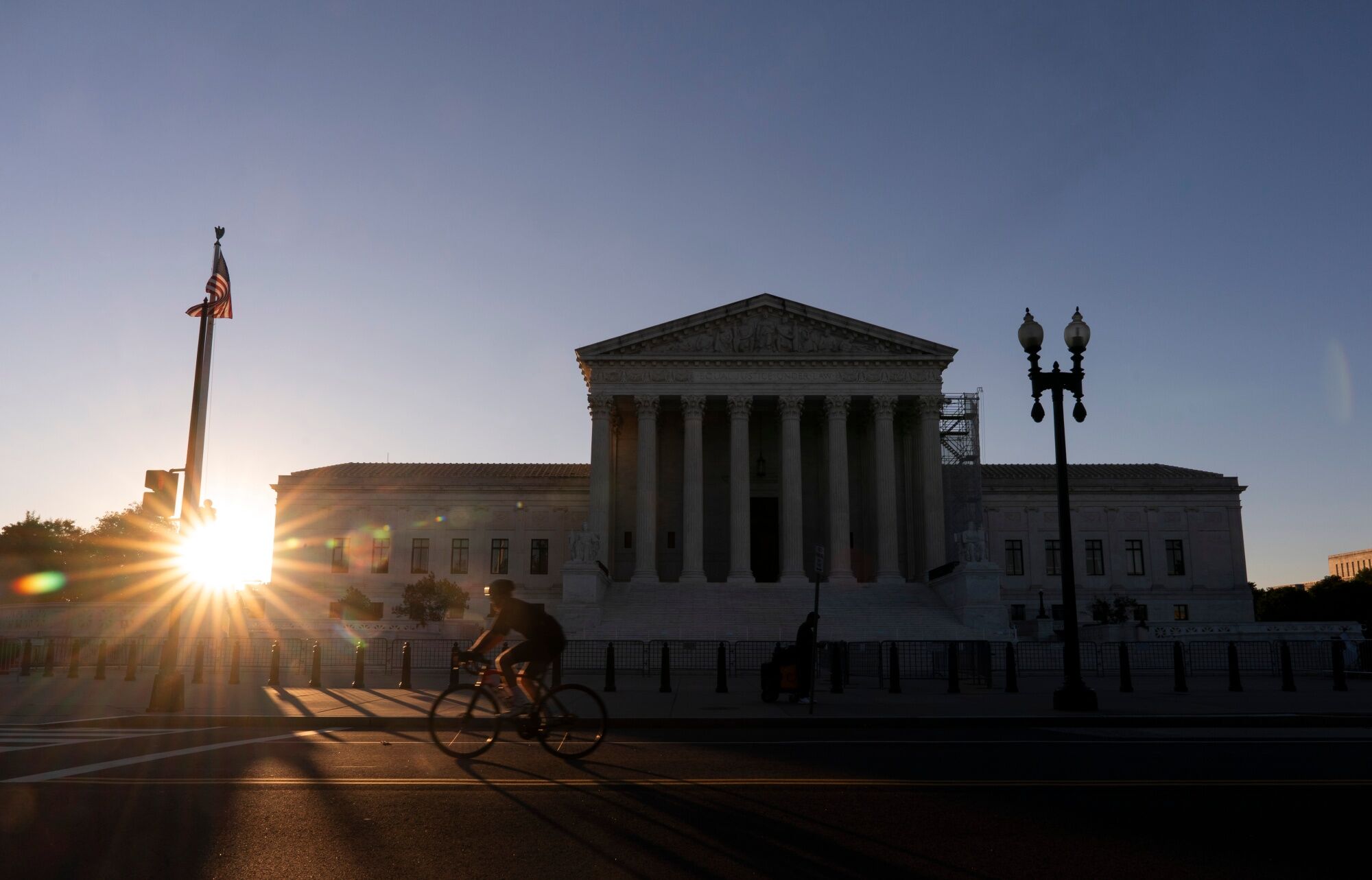
SUPREME COURT GIVES TRUMP ‘SWORD’ TO SLASH BIDEN’S CLIMATE RULES
(Bloomberg) -- The US Supreme Court just overturned a longstanding legal principle of deferring to federal agencies’ power to interpret and implement laws. The ruling Friday will weaken the government’s hand in setting environmental policy and could erode existing protections for the climate, air and water.
And if former President Donald Trump wins back the White House in November, it will empower his quest to roll back his predecessor’s climate regulations.
“This opens space for industry to challenge every single thing that an agency does and to drag it through court for years,” said Doug Kysar, a professor of environmental law at Yale University.
A victorious Trump would “certainly rely on” the decision in Loper Bright Enterprises v. Raimondo to unwind President Joe Biden’s rules, said Jeff Holmstead, a former assistant administrator of the Environmental Protection Agency under George W. Bush and now a partner at Bracewell LLP. “It will obviously make it harder for a future administration to come back in and try to reinstate it.”
The Trump administration also could lean on the ruling to propel oil and gas development, said Kathleen Sgamma, president of the Western Energy Alliance, an energy trade group. “I think the rollback rulemaking will be quicker,” she said.
Loper Bright ended what was known as Chevron deference, a legal doctrine holding that courts should defer to the technical expertise of agency staff in interpreting unclear laws. As an example of the reasoning behind it, Justice Elena Kagan noted in a dissent, staff scientists in the US Fish and Wildlife Service can distinguish rare squirrels from common squirrels much better than judges can, for the purpose of designating them endangered.
“I don’t think anybody would say, looking at the Supreme Court or judges in general, that they’re squirrel experts, right?,” asked Andrew Mergen, faculty director of the environmental law clinic at Harvard Law School and previously an environmental attorney in the Department of Justice. “The notion is that the question of ‘squirrelness’ should be left to people who are experts in wildlife biology and zoology.”
On its face, the ruling is politically neutral: All executive agencies, whether working under a Republican or a Democratic president, now have less freedom to maneuver. But environmental groups and legal scholars say it will drive deregulation.
“The net effect will be to weaken our government’s capacity to meet the real problems the world is throwing at us,” said David Doniger, a senior strategic director at the Natural Resources Defense Council.
“It’s not a neutral sword,” Kysar said. “It’s a sword that one side can wield with way more destructive power than the other,” given that industry has deeper pockets than environmental groups.
Many challenges are likely to come before Trump-appointed judges, selected in large part for their conservative bona fides and confirmed at a record pace.
Two Biden-era regulations that are particularly vulnerable to pullback are EPA rules limiting greenhouse gas emissions from power plants and tailpipe emissions from vehicles. Trump has already made clear he plans to repeal both measures, but Loper Bright adds another legal justification for the shift. Any regulation that hasn’t made its way all the way to the Supreme Court — including these measures — “could, with a very reasonable argument, be pulled back and re-examined,” said former Environmental Protection Agency Administrator Andrew Wheeler, now a partner at Holland and Hart LLP.
Trump has vowed to green light hundreds of new power plants and to repeal Biden’s rule. He’s also pledged to end what he calls Biden’s EV “mandate,” referring to the stringent pollution limits that compel automakers to shift to selling mostly electric cars and hybrids by 2032.
For years, the EPA has provided carmakers flexibility in complying with tailpipe standards by allowing them to do so on an average basis, across their entire fleets. But though the vehicle pollution limits are rooted in the Clean Air Act, that fleet-wide averaging approach isn’t spelled out in the text of the law.
“We don’t see anything in the statute that gives them that authority,” said Devin Watkins, an attorney at the conservative Competitive Enterprise Institute, which is challenging the regulation. That could be a bigger legal vulnerability now that Chevron deference has been scrapped.
The reversal on Chevron comes after the Supreme Court’s weakening of clean water protections last year. In Sackett v. EPA, the court ruled that streams that flow only when they fill with rain weren’t subject to the protections of the Clean Water Act. A scientific study published last week found that some 55% of water flowing out of US river mouths comes from these so-called ephemeral streams.
Compounding Loper Bright’s possible impact, a separate high court decision on Monday effectively removed the six-year statute of limitations to challenge existing agency rules. Now, the formation of new businesses affected by old regulations is enough to start that six-year clock.
Environmentalists are vowing to fight to defend Biden’s rules. And in the face of intensifying storms, heat domes and other impacts of global warming, there will be more pressure on Congress to act, said Sam Sankar, senior vice president of programs at Earthjustice.
“Yes, this makes it harder for agencies to use old laws to address new problems,” he said. “But that doesn’t mean we can’t address the threats of climate, and we will. Problems are getting bad enough that Congress — even the right wing — is going to start to need to react to this thing in federal lawmaking.”
More stories like this are available on bloomberg.com
©2024 Bloomberg L.P.
2024-07-02T15:50:00Z dg43tfdfdgfd

